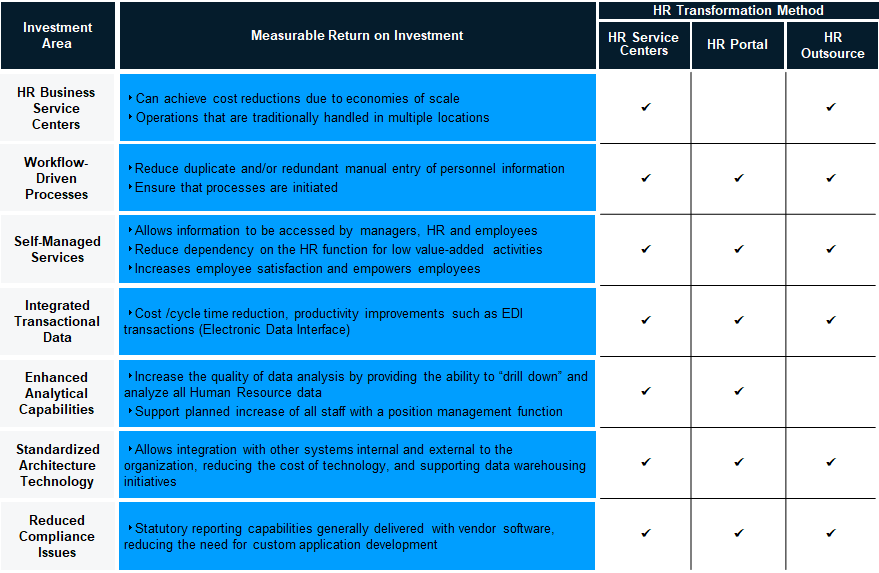Cette entreprise n'a pas de postes à pourvoir
0 Avis
Noter cette Entreprise (Pas d'avis pour l'instant)
About Us
Scientists Pinpoint the Day of the Week nEVER to Have Surgery

Patients admitted to medical facility for surgical treatment a particular day of the week are considerably most likely to die, a significant study recommends.

Those undergoing both emergency and elective operations-such as hip and knee replacements-had a 10 percent greater danger of death if they went under the knife on a Friday, compared to the beginning.
![]()
Experts have actually long observed the so-called ‘weekend effect’-even worse post-surgical results for ops done on Friday, due to a lack of more senior personnel on Saturdays and Sundays too fewer additional services for patients like scans and tests.
Patients have actually likewise reported fearing that personnel may be more tired towards completion of the week, increasing the opportunity of potential hazardous being made in their care.
But the US researchers behind the new study believe while a ‘weekend impact’ does exist, the higher death rates observed might not always be a reflection of poorer care.
Instead, they claim it might be due to clients who need treatment closer to the weekends being most likely to be sicker and frailer.
But they admitted an absence of senior personnel operating on Fridays, compared with Mondays, and a resulting ‘difference in know-how’ may likewise ‘contribute’.
In the research study, scientists at Houston Methodist Hospital in Texas, analysed data from 429,691 clients who went through among 25 typical surgeries in Ontario, Canada, in between 2007 and 2019.
Scientists discovered both emergency and non-emergency operations – such as hip and knee replacements – were almost 10 percent more fatal when performed near to the weekend compared to the start of the week
Patients were divided into two groups – those who went through surgery on the Friday or the day before a public holiday.
The second had their operation on the Monday or post-holiday.
Researchers examined short-term (1 month), intermediate (90 days), and long-term (one year) results for patients following their operation, consisting of deaths, surgical complications and length of hospital stay.
They discovered patients going through surgical treatment immediately before the weekend were 5 percent most likely to experience issues, be re-admitted or pass away within thirty days.
When mortality rates were analysed specifically, the risk of death was 9 percent most likely at 30 days among those who underwent surgery at the end of the week.
At 3 months this rose to 10 per cent, before reaching 12 per cent a year after the operation.
By kind of operation, researchers discovered there was a lower rate of adverse events amongst patients who went through emergency situation surgery prior to the weekend.
But, this was no longer true as soon as they had actually accounted for patients who had been admitted before the weekend, yet needed to wait till early in the following week to go through such surgical treatment.
Under the previous Government, then Health Secretary Jeremy Hunt, consistently claimed understaffing at hospitals during the weekend triggered 11,000 excess deaths every year
‘Immediate intervention may benefit patients presenting as an emergency situation and might make up for a weekend impact,’ the medics wrote.
‘But when care is delayed or pressed back until after the weekend, outcomes may be adversely impacted owing to more-severe disease discussion in the operating room.’
Studies have actually also suggested patients confessed then are sicker and at greater threat of dying due to the fact that a reduction in neighborhood recommendations such as those from GPs, over the weekend.
Others have also stated some may not be able to manage to take some time off work, so postpone their visit to the medical facility to the weekend, when they are sicker.
Writing in the journal JAMA Network Open, the scientists included: ‘Our results demonstrate that more junior surgeons – those with less years of experience – are running on Friday, compared to Monday.
Britain has more ladies physicians than men for the very first time in more than 165 years, figures reveal
‘This distinction in expertise may contribute in the observed distinctions in results.
‘Furthermore, weekend groups may be less acquainted with the patients than the weekday team formerly managing care.’
Reduced availability of ‘resource-intensive tests’ and ‘tools’ which may otherwise be available on weekdays could likewise cause increased hospital stays and problems, they stated.
Experts have actually long stayed conflicted over the ‘weekend effect’ in NHS healthcare facilities, with some arguing short-staffing at weekends is to blame.
The ‘weekend effect’ was among the key arguments used by the former Conservative Government to press for the program – and a new contract for junior doctors – in 2017.
Then Health Secretary, Jeremy Hunt consistently claimed understaffing at medical facilities during the weekend triggered 11,000 excess deaths every year.
But a flurry of studies have called this into concern.

In 2021, one significant NHS-backed project led by Birmingham University concluded the ‘sicker weekend patient’ theory was right.
The research study discovered that, regardless of there being far fewer professional physicians on responsibility at weekends, this did not affect mortality.


